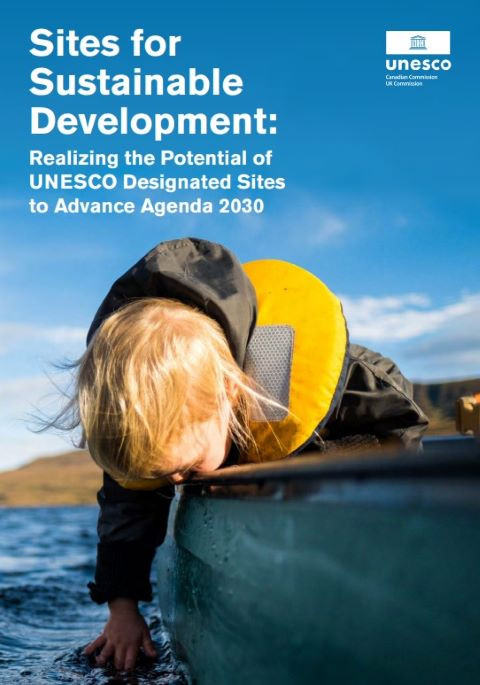
GCED Basic Search Form
Quick Search
Close
현재 위치
자료
Sites for Sustainable Development: Realizing the Potential of UNESCO Designated Sites to Advance Agenda 2030
출판지역 | 출판년도 | 페이지:
Ottawa | 2022 | 100 p.
ISBN/ISSN:
ISBN 978-0-904608-09-0
지역:
유럽 및 북미

This report outlines the role that UNESCO’s global network of designated sites — World Heritage Sites, global geoparks and biosphere reserves — can play in helping stakeholders (including businesses, communities, government agencies and their local organizations, Indigenous Peoples, traditional authorities, councils of elected representatives, and heritage and nature groups) carry out sustainable development approaches to tackle, mitigate and adapt to challenges like these.
The ideas contained in this report emerge from a study designed to explore the merits of UNESCO’s increasing tendency to refer to biosphere reserves, global geoparks and World Heritage Sites as “sites for sustainable development.”
자료 URL:
파일:
자료 타입:
연구 보고서 / 학술논문
주제:
세계화 및 사회 정의 / 국제 이해
지속가능한 발전 / 지속가능성
교육 분야:
고등교육
평생교육
